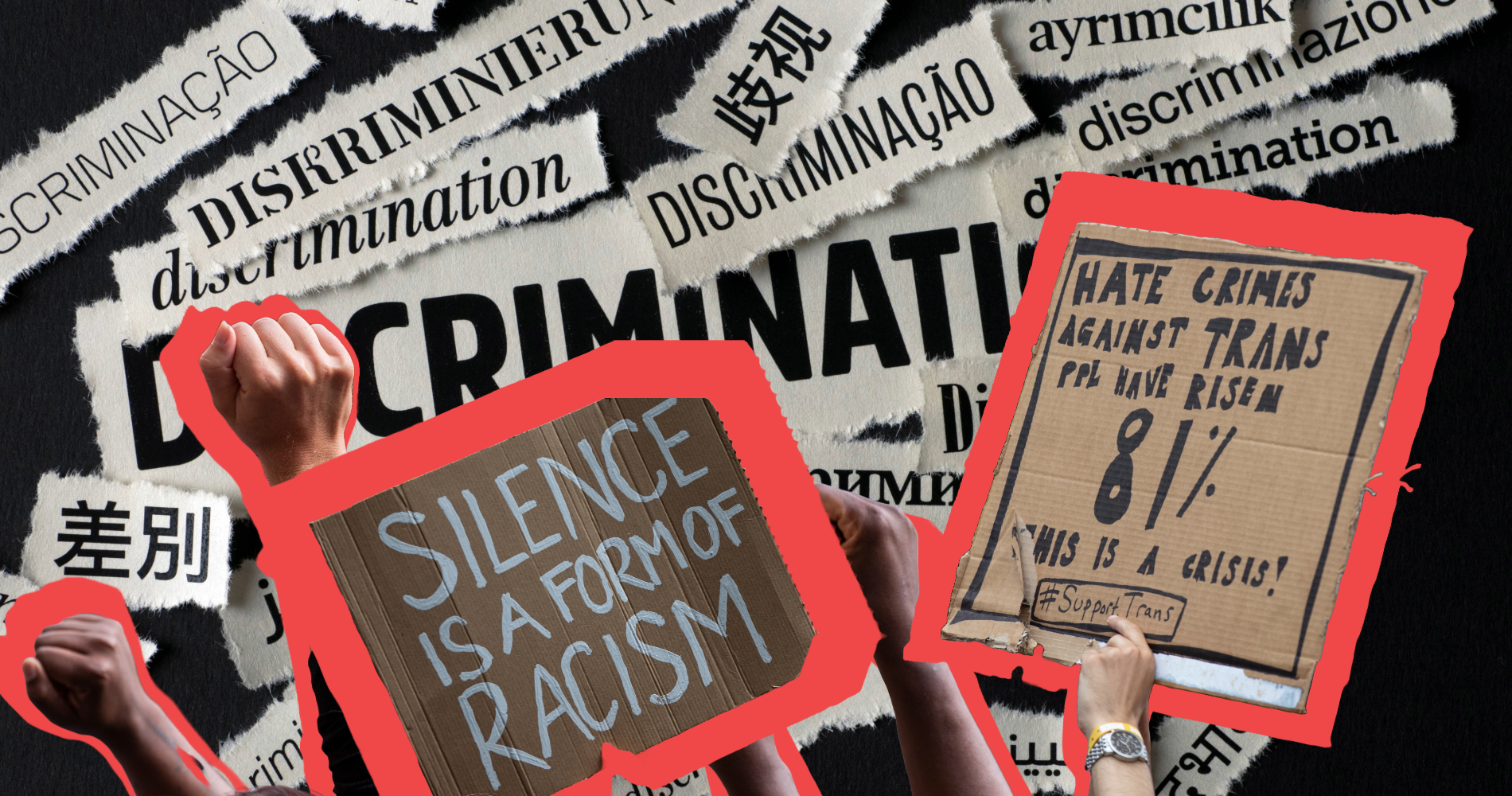With today’s 20-cent minimum wage increase, BC temporarily escapes its bottom-of-the-barrel ranking as one of the lowest-paying provinces in Canada. But come October 1, when five provinces raise their minimum wages, we will once again trail the rest of the country.
That’s right, despite being the most expensive place to live, BC will have the second-lowest minimum wage in the entire country. Liquor servers in BC already earn the lowest minimum wage in Canada, $9.20 (tied with Quebec). With future minimum wage increases pegged to the rate of inflation in a growing number of provinces, we can expect to remain stuck at the bottom.
Unless of course our provincial government gets serious about tackling working poverty, which would require a significantly larger increase to BC’s poverty-level minimum wage than a meager 20 cents.
Some economists argue that we shouldn’t worry about the minimum wage, because minimum wage earners are mostly teenagers and youth who live with their parents. But this is simply not true. Nearly half are 25 or older and 58% do not live with their parents.
And while it’s true that today’s young adults are living at home longer than a generation ago, this isn’t necessarily a good thing. A recent CIBC survey found that two-thirds of Canadian parents are feeling the financial pinch of supporting their adult children. This and the mounting student debt loads are signs that even students could use higher wages to cover the rising costs of tuition and housing.
The bigger problem is that for a worrisome number of British Columbians, minimum wage jobs are not a brief stop on the way to decently-paying employment. Half of BC’s minimum wage workers have been in their job for longer than a year. One in five have been in the same job for longer than three years. Many move to jobs that pay only a little more than minimum wage.
How many people are we talking about? 110,000 workers earn exactly the minimum wage in BC, but 509,000 earn less than $15 per hour. That’s one out of every four BC employees.
This larger group of low-wage workers tends to be considerably older than those who earn exactly the minimum wage. The vast majority are not teenagers, and 40% are 35 or older. The majority are women. With the high cost of living in our province, many of these workers experience economic insecurity and struggle to make ends meet.
There’s no denying that our economy requires a certain amount of less skilled work and will continue to do so no matter how well aligned our education system is with the job market. Every time a new hospital, university satellite campus, or high-tech firm opens its doors creating well-paid jobs, it also creates of a number of service and support jobs in areas like security, catering, and cleaning.
These jobs are here to stay and make an important contribution to our economy. Do we really think the workers in these jobs should live in poverty – even when working full-time?
Small increases to the minimum wage – the kind we’re seeing today – only perpetuate working poverty. Business as usual is just not cutting it. This idea is gaining traction in the US where a number of large cities including Seattle, San Francisco and Los Angeles have announced plans to reach a $15 minimum wage in a few years. New York is considering the possibility of moving to a $15 statewide minimum wage. Alberta’s new government has promised a $15 minimum wage by 2018.
It’s time for BC to get on board.
Iglika Ivanova is a senior economist at the Canadian Centre for Policy Alternatives.


